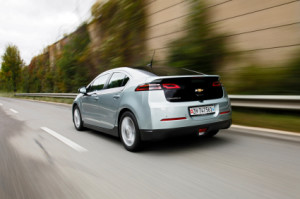 This week’s top story: April mortgage rates will be stuck in neutral as inflation idles. In other news: Certain borrowers should consolidate their federal student loans by April 30 to get forgiveness, defaulting on a car loan, and what a Kroger-Albertsons merger could mean for grocery shoppers.
This week’s top story: April mortgage rates will be stuck in neutral as inflation idles. In other news: Certain borrowers should consolidate their federal student loans by April 30 to get forgiveness, defaulting on a car loan, and what a Kroger-Albertsons merger could mean for grocery shoppers.
April Mortgage Rates Will Be Stuck in Neutral as Inflation Idles
Mortgage rates shouldn’t change much in April, as inflation remains stubbornly elevated.
Do This by April 30 if You Want Loan Forgiveness This Year
Certain borrowers should consolidate their federal student loans by April 30 to get forgiveness — or move a lot closer to it.
What Happens If I Default on My Car Loan?
Defaulting on a car loan can lead to late fees, a dip in your credit and even vehicle repossession.
What a Kroger-Albertsons Merger Could Mean for Grocery Shoppers
Antitrust experts fear the deal, which would be the largest grocery merger in U.S. history, would harm workers and consumers alike.
 Today’s top story: Fighting auto loan bias, despite Congress. Also in the news: What you should tell your financial advisor, how much you should spend on a Mother’s Day gift, and why you shouldn’t pay anyone to help with your student loans.
Today’s top story: Fighting auto loan bias, despite Congress. Also in the news: What you should tell your financial advisor, how much you should spend on a Mother’s Day gift, and why you shouldn’t pay anyone to help with your student loans.
